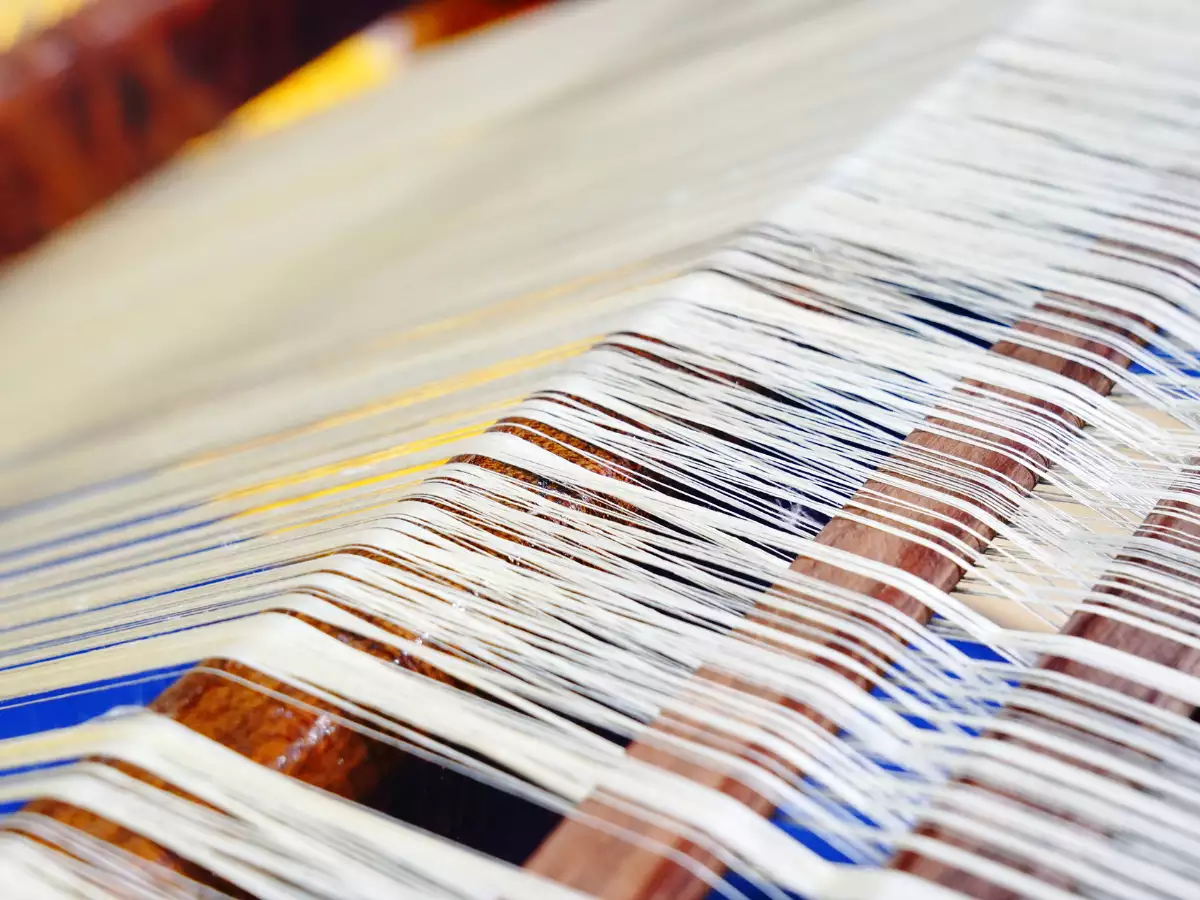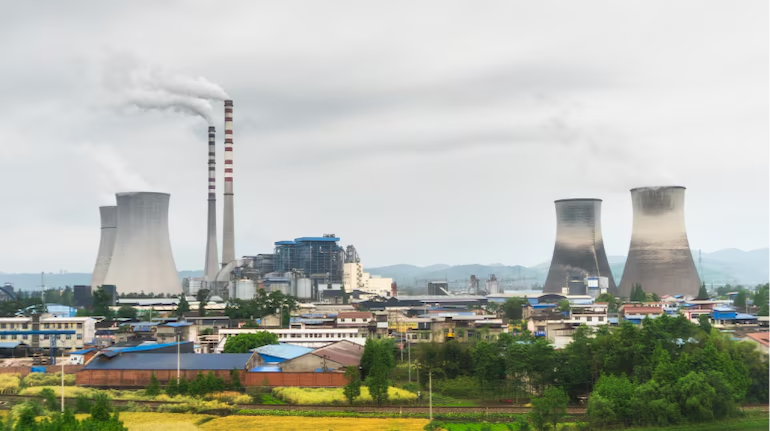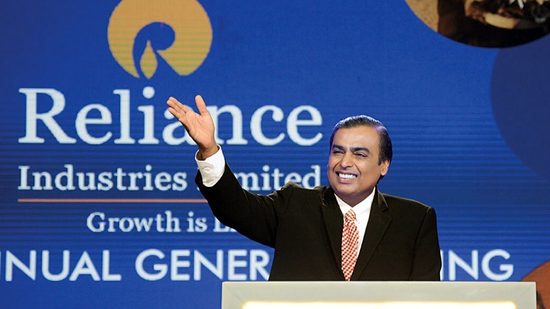
The government said on Monday that the Rs 10,683-crore PLI initiative incentive plan for India’s textiles sector had attracted investments worth Rs 1,536 crore after permission letters were granted to 56 applicants who matched the qualifying requirements.
From January 1, 2022, to February 28, 2022, applications for the PLI Scheme for textiles were accepted via a website.
With an authorized budget of Rs 10,683 crore, the Centre created the PLI Scheme to stimulate the manufacture of MMF garments, MMF fabrics, and Products of Technical Textiles in the country, allowing the textiles sector to reach size and scale and become competitive.
“The scheme’s selection committee, led by the Secretary (Textiles), has chosen 64 candidates. 56 applicants have satisfied the required conditions for creating a new company and have received permission letters. So far, a total of Rs 1,536 crore has been invested “According to an official release.
According to the government, domestic cotton farming has expanded by 5% to 125.02 lakh hectares, up from 119.10 lakh hectares last year. A brand entitled ‘Kasturi Cotton India’ for Indian cotton has been developed to stimulate automated harvesting, improve cotton quality, and cut labor costs.
Furthermore, 74 research projects totaling Rs 232 crore have been granted under the National Technical Textile Mission (NTTM) for specialty fiber and technical textiles, according to the Textiles Ministry’s year-end evaluation for the segment.
The Production Linked Incentive (PLI) scheme is a government program in India that aims to boost domestic manufacturing and increase exports by providing financial incentives to companies that increase their production capacity and achieve global scale. The PLI scheme has been implemented in a number of sectors, including the textile industry.
In the textile industry, the PLI scheme is expected to have a number of positive impacts, including:
Increasing production: The scheme provides financial incentives to companies that increase their production capacity, which is expected to boost domestic production and make Indian textiles more competitive in the global market.
Promoting exports: The scheme also provides incentives to companies that increase their exports, which is expected to help Indian textile companies tap into new markets and expand their global reach.
Creating jobs: The scheme is expected to create new job opportunities in the textile industry, as companies expand their operations and increase production.
Boosting innovation: The PLI initiative scheme provides incentives for companies that adopt new technologies and processes, which is expected to drive innovation and improve the efficiency and competitiveness of the textile industry in India.
Overall, the PLI scheme is expected to have a positive impact on the textile industry in India, by helping companies increase their production capacity, expand their exports, create new jobs, and drive innovation.





